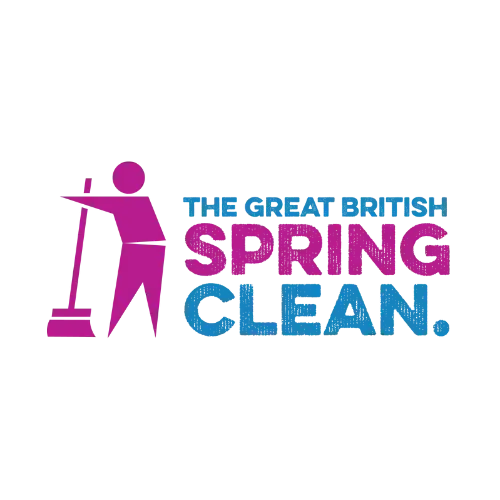Clean up Preparation and Advice
Before you start your clean up, here are a few things to consider to keep everyone safe.
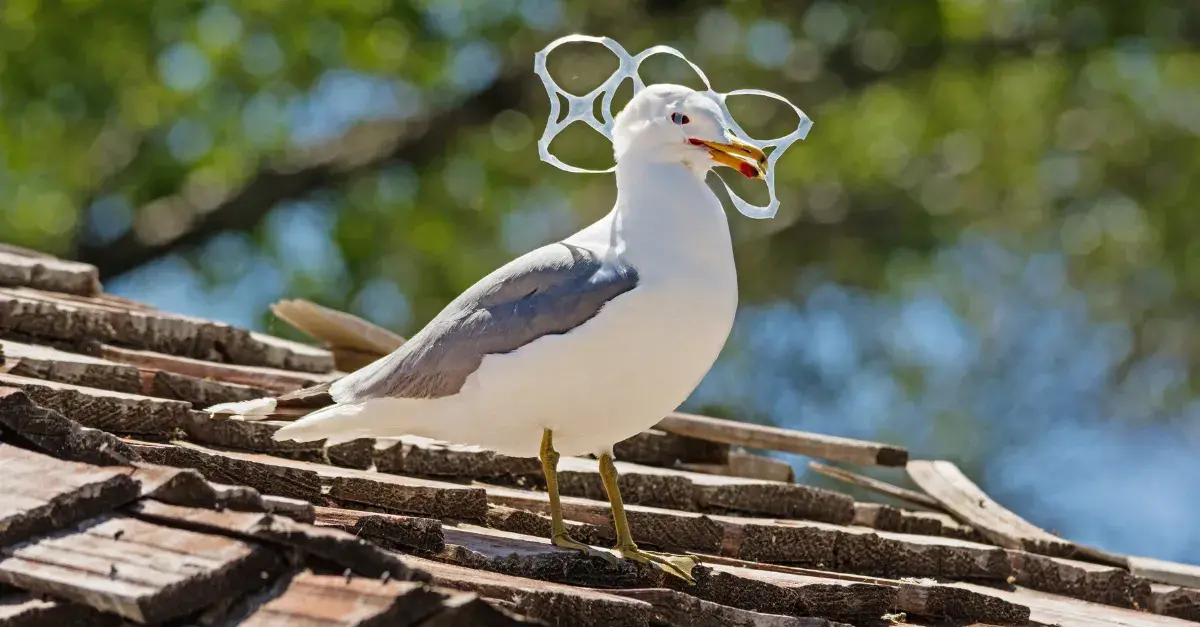
We’ve put together this advice for those attending an organised clean-up, or anyone who is doing their own thing.
Please, attempt only what is within your personal capabilities and be sure to take regular rest breaks. Two to three hours of litter-picking is usually enough.
Please note that Keep Britain Tidy is not responsible for (and will accept no liability to you for) any losses or damages you incur or suffer in connection with your participation in the Great British Spring Clean or Litter Heroes campaign, save to the extent that such liability cannot be limited or excluded by law.
To get started cleaning-up, we recommend you use a litter picker and some gloves as a minimum. You will also need a bag to put the litter in, and we recommend carrying hand sanitiser and washing your hands regularly.
Many local authorities lend individual items, or kit to groups. We have a list of local authorities taking part here, and you can find your local authority contact details here.
Please ensure you have considered the weather and are wearing suitable clothing/ shoes, and have enough to drink. If it is warm, consider suncream/ hats.


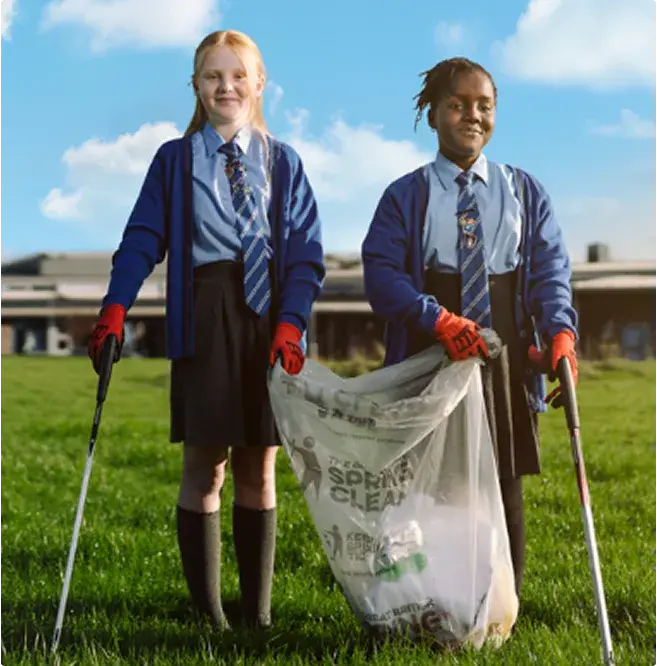
Every local authority has different preferences around what Litter Heroes should do with the litter they collect. If you do plan to collect a large amount of litter, speak to your local authority ahead of your activity to get advice about what to do with it.
If possible, please separate the litter you find into separate bags so as much as possible can be recycled:
If you come across vapes please keep separate during your pick - put them in a bucket or plastic bag. At the end of the litter pick place all collected vapes into a clearly marked bag. Leave this alongside other waste to be collected by the local authority, letting them know you've left a bag of vapes, which are hazardous waste electrics.
If you attend an official clean-up, your host should have undertaken a risk assessment, and should provide you with a safety briefing. However, it is important that everyone thinks about safety and understands how to keep themselves safe.
We recommend that you are careful around:
- Potentially hazardous objects such as unidentified cans or canisters, oil drums and chemical containers - please report these to your local council
- Sharp objects such as broken glass and disposable BBQs – these should be collected in separate containers not litter bags
- Clinical waste such as needles/syringes – do not attempt to move them yourself. Make a note of their location and inform your local council
- Hazardous areas such as deep or fast-flowing water, steep, slippery or unstable banks, sharp rocks, derelict buildings, busy roads and electric fences (which are identified by yellow warning signs)
- Working alone – try to stay in sight and earshot of others but if not possible then let someone know where you’ve gone and when to expect you back.
To avoid illness from poor hygiene, all those taking part in the clean-up must:
- Wear heavy-duty, protective gloves at all times
- Cover any cuts (however minor) with surgical tape or a waterproof plaster before starting
- Keep hands away from mouth and eyes while litter-picking
- Wash hands and forearms before eating, drinking, smoking or going to the toilet
- If you are unwell with a contagious or infectious illness, please carefully consider your attendance at litter-picks due to the risk of making others unwell.
It’s not compulsory to have insurance in place for your group before participating in the Great British Spring Clean, but it is good practice to have insurance cover for your group.
Insurance protects the group and group leader should a volunteer make a claim for an injury sustained while volunteering.
Setting up a policy for an individual group will require payment of a fee to an insurance company and this may be beyond the reach of some groups. In this instance, alternatives
include checking whether your local Parish, Town or District Council can provide insurance.
If you’re volunteering as part of a community or faith group or as a member of a charitable organisation, its existing public liability insurance may provide cover for your activity.
Lifting heavy items can be hazardous. Consider whether it’s practical for volunteers to remove large or heavy items, or whether they would be best removed by the local council.
If dangerous, poisonous or hazardous items are present, contact the Environment Agency on 0800 80 70 60
If syringes are spotted at any stage during your clean-up, do not attempt to move them yourself. Make a note of their location and inform your local council.
If you suspect asbestos or find an area of fly-tipped rubbish, stop work immediately and warn other volunteers to stay away. Notify the local authority at the first available opportunity.
If you see someone fly-tipping or come across hazardous waste, report it to the Environment Agency on its 24-hour hotline or, alternatively, contact the police.
Before going onto any land, make sure that you have permission from the land owner. If you are attending an organised clean-up, your host should have done this in advance.
Litter-picking is a fantastic activity for everyone aged five and above.
Young people under the age of 18, or adults at risk, should be supported and accompanied by a responsible adult when taking part in a clean-up. Adults at risk who are litter picking may also need to be accompanied by an adult/carer.
Before your clean-up, make sure your young Litter Heroes and/or adults at risk understand which items are potentially dangerous and should not be picked up. Let them know who they should talk to if they are in any doubt.
It’s important that all attendees and especially young people are provided with well-fitting gloves, and are wearing suitable clothing and footwear. For younger children, an hour picking at a time is usually more than enough!
Keep Britain Tidy is committed to promoting the safeguarding of all young people and adults at risk so that everyone can enjoy keeping their local communities tidy. If you have any concerns regarding the wellbeing or welfare of a young person or adult at risk, contact the safeguarding team at your local council.
When you join the Great British Spring Clean, you become one of hundreds of thousands of Litter Heroes on a collective mission to improve the environment.
We need everyone who takes part to tell us how much they collected, what kind of litter is out there, and how it felt to take part. This will help us tell the story of the scale of the challenge and advocate for change. After you’ve cleaned up, please report your results using our Collect and Count form
By joining in the #GBSpringClean, you are doing something fantastic for your local area. If you want to inspire others to make changes and protect the environment on their doorstep, please help us make some noise about the campaign on social media.
Tag @KeepBritainTidy in your posts, stories and reels using the hashtag #GBSpringClean and #LoveWhereYouLive, and let's get environmental action trending this spring.
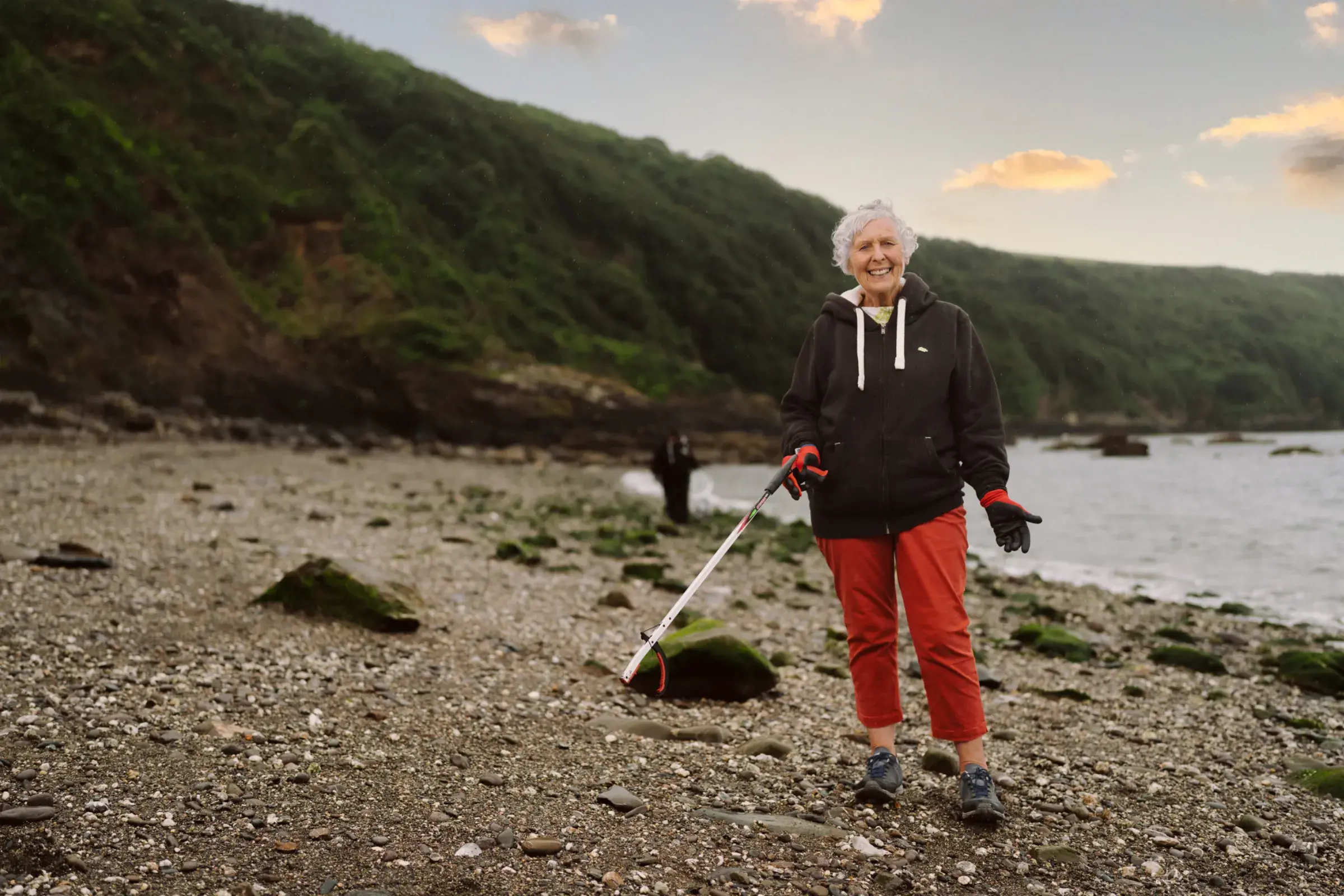
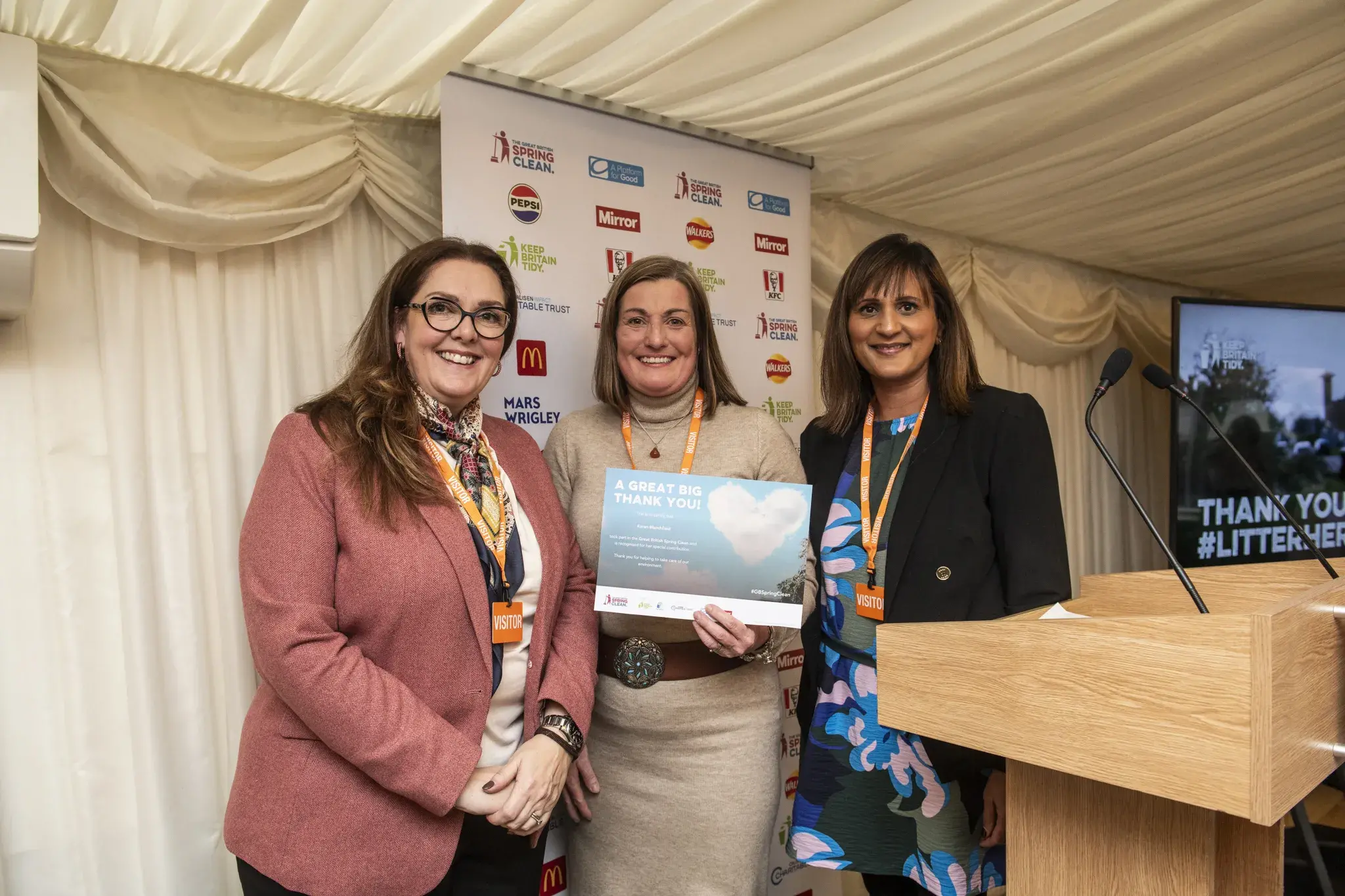

The Great Big School Clean is back! Join the nation's biggest mass action campaign, which takes place from 13-29 March 2026.

